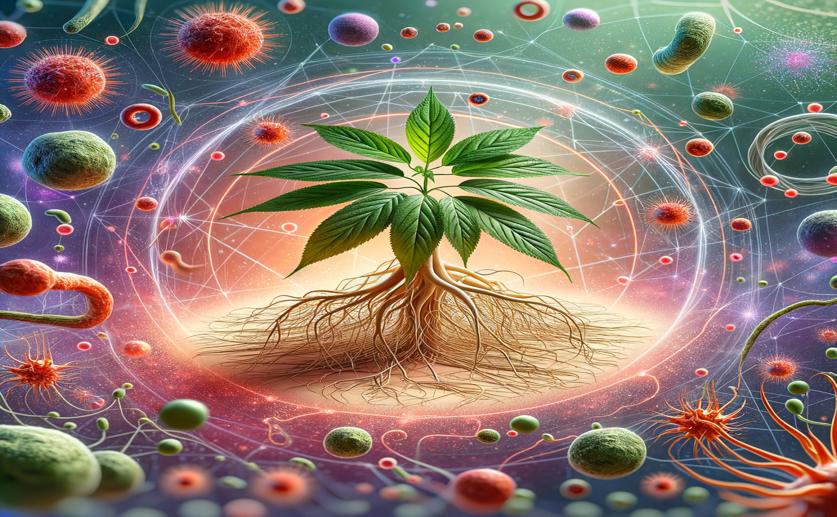
Ginseng Compound Affects Immune Cell and Stem Cell Interactions in Inflammation
Jenn Hoskins
28th August, 2024

Image Source: Natural Science News, 2024
Key Findings
- The study from Xi'an Jiaotong University explored using Ginsenoside Rb1 (GRb1) to enhance dental pulp repair under inflammatory conditions
- GRb1 was found to promote the transformation of pro-inflammatory M1 macrophages into anti-inflammatory M2 macrophages
- This transformation significantly increased the odontogenic differentiation of dental pulp stem cells (DPSCs), aiding in the formation of reparative dentine
References
Main Study
1) Ginsenoside RB1 Influences Macrophage-DPSC Interactions in Inflammatory Conditions.
Published 26th August, 2024
https://doi.org/10.1016/j.identj.2024.07.1213
Related Studies
2) Global Burden and Inequality of Dental Caries, 1990 to 2019.
3) Management of deep caries and the exposed pulp.
4) Epiregulin enhances odontoblastic differentiation of dental pulp stem cells via activating MAPK signalling pathway.



 25th August, 2024 | Greg Howard
25th August, 2024 | Greg Howard